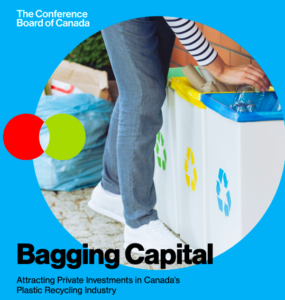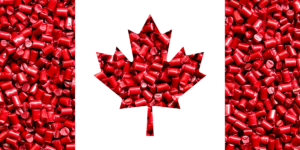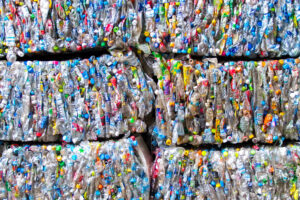- Plastics Marketplace
- National
From sea to sea? N.S. company turns ghost gear into plastic lumber
Mike Chassie presses his nose up against a load of plastic lumber and takes a sniff. He’s inspecting the newest product made at his family’s business, Goodwood Plastic Products in Fort Ellis, N.S.
“Smells great to me,” Chassie said last week outside the building where the synthetic timber is manufactured. “It doesn’t have any of the smell that you would think you’d get from that ghost gear.”
That ghost gear, lost or discarded fishing equipment, was three kilometres of old, thickly-woven, plastic fishing rope covered in marine life, and recently fished out of the sea by a diving company working near its home base in Mahone Bay, N.S.
The plastics recycler OK’d the fishy-smelling delivery for its newest venture: commercializing synthetic lumber made out of ghost gear.
The recyclables are shredded, melted, and pushed through moulds to create planks and posts for building decks, park benches and picnic tables. The ghost gear was blended with shopping bags to create planks that look just like the other products now sold to the public.
The price for a 4-by-8 timber is $61. Chassie said it’s triple the price of wood lumber, but is more durable.
But he said the real saving is the benefit to the environment, especially if the plastic lumber is returned to where it came from — the sea — as wharf or marina timbers.
“You don’t get any of those harmful chemicals that over time leach into the water, whether it be saltwater or freshwater.”
Chassie is eager to ramp up recycling a product that many people had considered no longer useful.
“You’re taking a product that would typically be destined for a landfill or to be buried in the ocean and forgotten, and you’re giving it a new life.”



